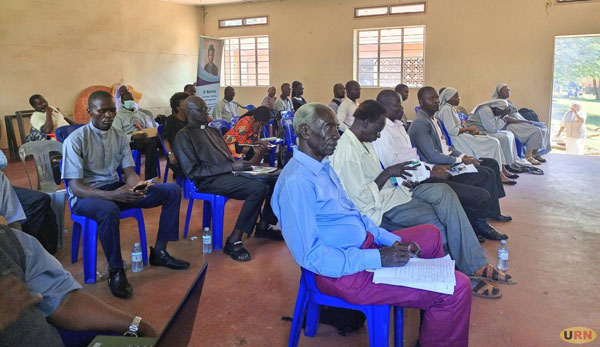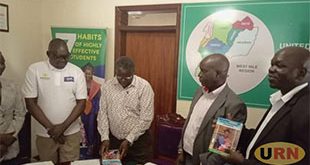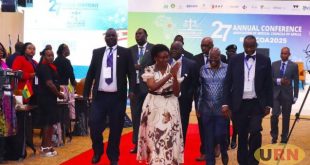
Lira, Uganda | THE INDEPENDENT | Clerics from Lango have accused the government of promoting human trafficking by not implementing Prevention of Trafficking in Persons Act 2009. This legislation aims to prohibit trafficking in persons, establish offenses, define prosecution and punishment for offenders, prevent human trafficking, and protect its victims.
However, during a gathering dedicated to raising awareness about human trafficking in Lira, religious leaders argued that the government’s efforts were insufficient, especially in light of its authorization of labor export companies.
These companies, they claimed, send unsuspecting Ugandans abroad with promises of lucrative employment, only to deliver them into the hands of human traffickers who subject them to forced labor and sex trafficking in countries such as the United Arab Emirates, Saudi Arabia, Oman, Qatar, Kuwait, Iraq, Iran, Egypt, Turkey, Algeria, and China, among others.
On a different note, Fr. Simon Peter Olugu from Lira Cathedral Parish placed blame on the Ministry of Internal Affairs for issuing passports and travel documents to laborers who later become victims of trafficking by their so-called employers in foreign countries.
Similarly, Sr. Demmy Francis from the Missionary Sisters of Mary Mother of the Church called for a halt to the government’s issuance of travel documents to Ugandan migrant workers.
Last year, the Catholic Bishops of Uganda issued a pastoral letter addressing the challenges related to human trafficking, describing it as “Humanity against Humanity.” They urged religious leaders to use their platforms to disseminate information about the dangers of human trafficking to combat this vice.
Fr. Joseph Ogwal, the Lira Cathedral Parish Priest, concurred with the Bishops, emphasizing that this grave issue affects not only cities but also villages, where individuals, driven by desperation for money, fall prey to human trafficking without fully understanding the associated dangers.
Presently, Catholic Brothers and Sisters, under their Holy Cross Sisters umbrella organization, have established the St. Bakhita Anti-Human Trafficking Network to provide support and rehabilitation for victims of human trafficking. Fr. Vincent Mbusa, a counselor working with St. Bakhita, stressed the importance of informing the general public and advising them against giving in to greed for money. He also called on the government to support trafficking victims.
The 2023 Trafficking in Persons report reveals that in 2022, the government investigated 1,200 cases of human trafficking, a substantial increase from the 421 incidents reported in 2021. Of these cases, at least 526 involved exploitation within Uganda, and 63 were related to exploitation abroad, with the remaining cases involving unspecified forms of trafficking.
The same report states that the government initiated prosecutions against 728 alleged traffickers in 589 cases in 2022, a marked increase from the 537 individuals prosecuted in 403 cases in 2021.
***
URN
 The Independent Uganda: You get the Truth we Pay the Price
The Independent Uganda: You get the Truth we Pay the Price



